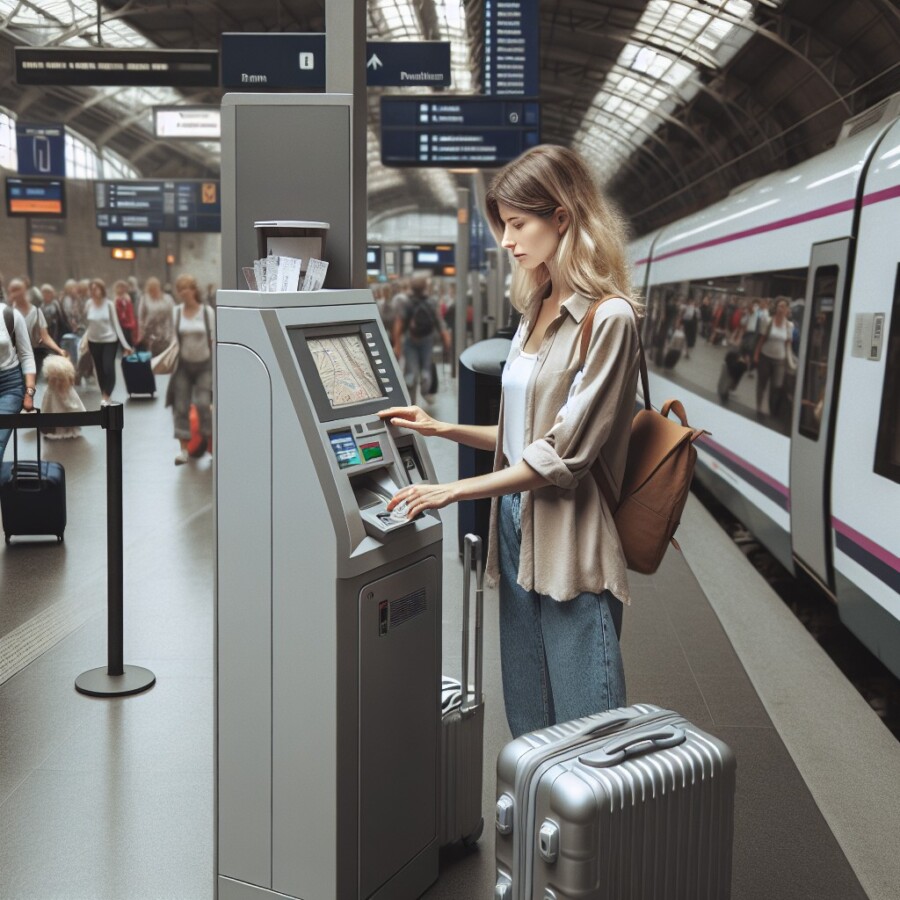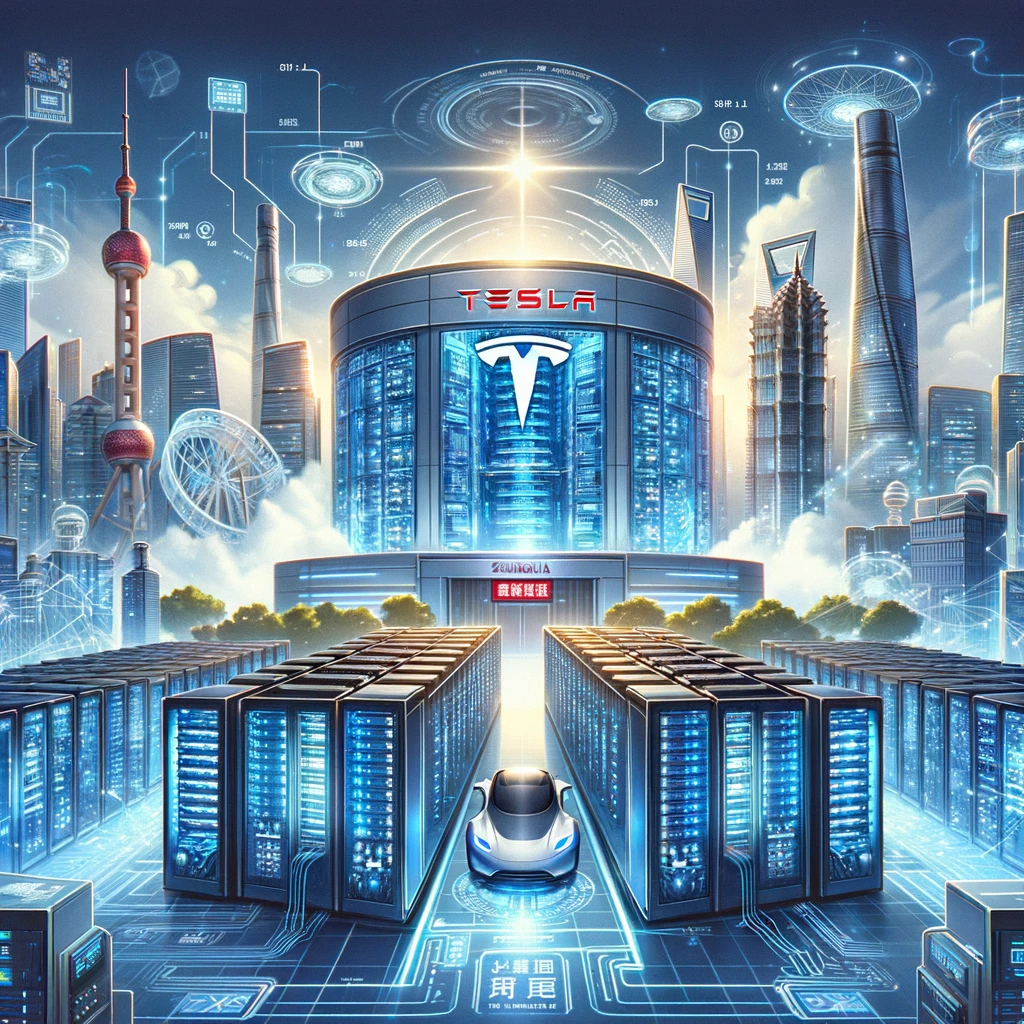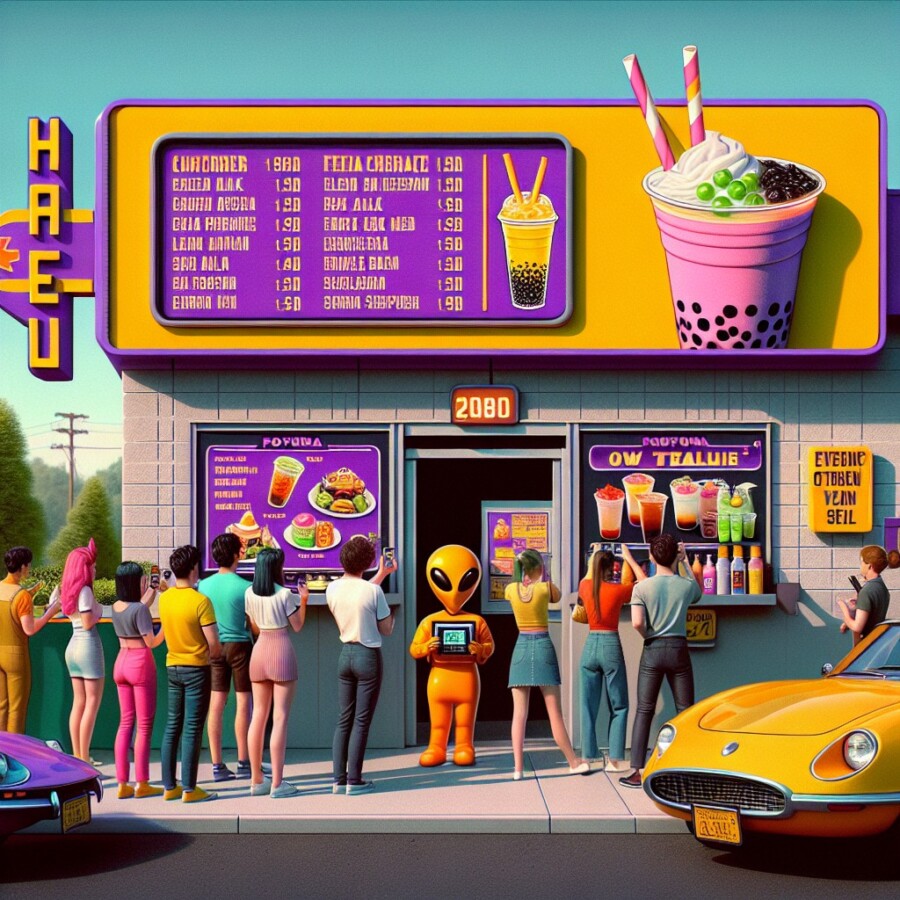Ticket machines at railway stations are charging passengers more than double the price they would pay online for certain journeys, according to research by consumer group Which?. The study found that same-day rail tickets were on average 50% more expensive at stations compared to online prices. The best value fares were either unavailable or difficult to find among the options on many machines. Plans to close hundreds of rail ticket offices in England were abandoned in November after public outcry. Currently, only one in six government-controlled train stations has a full-time ticket office.
Which? sent mystery shoppers to 15 stations, each run by a different train operator, to compare the prices of 75 journeys from ticket machines with those from online retailer Trainline. The research found significant price differences. For example, a journey from Holmes Chapel in Cheshire to London cost £66 at a machine, while Trainline offered the same trip for £26. The price difference was even more pronounced for a journey from Northampton to Cardiff, which cost £107 at a machine but only £43 online. The reasons for the higher prices at machines include the lack of cheaper advance fares or split-ticketing options, as well as less visibility of off-peak fares.
Rory Boland, editor of Which? Travel, described the price differences as “simply astounding”. He highlighted that many people, especially the elderly who may not have internet access, are potentially paying significantly more than necessary when they commute or travel across the country. Two in five stations do not have a ticket office at all, leaving people with no option but to use ticket machines if they do not have access to online tickets. The wide variety of train fares available can also make it difficult for travelers to determine which option is best for them.
Train operator LNER has been trialing ways to simplify fares, including scrapping return tickets and reducing the number of available standard class fares. The Rail Delivery Group, which represents train companies, acknowledged the need for further progress in fares reform. They highlighted the introduction of single leg pricing and the expansion of pay as you go contactless fares as important changes that make fares easier and simpler for customers. In December, the Department for Transport announced that regulated train fares in England would increase by up to 4.9% from March, below the rate of inflation and delayed from the usual January increase. Regulated fares cover approximately 45% of fares, including season tickets and off-peak return tickets.
Original news source: Train ticket machines charging double online price (BBC)
🎧 Listen:
Slow
Normal
Fast
📖 Vocabulary:
| 1 | consumer | A person who purchases goods and services for personal use |
| 2 | outcry | A strong expression of public disapproval or anger |
| 3 | abandoned | Given up or discontinued |
| 4 | retailer | A business or person that sells goods to the public in relatively small quantities for use or consumption rather than for resale |
| 5 | significant | Large enough to be noticed or have an effect |
| 6 | pronounced | Clearly noticeable; marked |
| 7 | elderly | People who are old or aging |
| 8 | commute | Travel some distance between one’s home and place of work on a regular basis |
| 9 | fares | The money paid for a journey on public transport |
| 10 | scrapping | Removing or getting rid of something completely |
| 11 | simplify | Make something less complicated or easier to understand |
| 12 | acknowledged | Recognized or admitted |
| 13 | reform | The action of making changes to something in order to improve it |
| 14 | regulated | Controlled or governed according to rule or principle or law |
| 15 | inflation | A general increase in prices and fall in the purchasing value of money |
Group or Classroom Activities
Warm-up Activities:
– News Summary
Instructions: Divide the class into pairs or small groups. Give each group a copy of the article. Instruct them to read the article and then work together to write a concise summary of the main points. After a designated amount of time, have each group share their summary with the class.
– Opinion Poll
Instructions: Divide the class into pairs or small groups. Give each group a list of questions related to the article. Instruct them to discuss the questions and share their opinions with each other. After a designated amount of time, have each group share their opinions with the class.
– Vocabulary Pictionary
Instructions: Divide the class into pairs or small groups. Give each group a list of vocabulary words from the article. Instruct them to take turns drawing a word from the list while their partner(s) guess what the word is. They can only use drawings, no speaking allowed. After a designated amount of time, have each group share their drawings and the class can guess the words together.
– Pros and Cons
Instructions: Divide the class into pairs or small groups. Instruct them to discuss the pros and cons of ticket machines at railway stations based on the information in the article. Have them consider both the advantages and disadvantages of using ticket machines. After a designated amount of time, have each group share their ideas with the class.
– Future Predictions
Instructions: Divide the class into pairs or small groups. Instruct them to imagine they are in charge of improving the ticketing system at railway stations. Have them brainstorm and discuss ideas for how to make the system more fair and efficient. Instruct them to think about the potential impact of technology, pricing strategies, and customer experience. After a designated amount of time, have each group share their ideas with the class.
🤔 Comprehension Questions:
1. According to the research by consumer group Which?, how much more expensive are same-day rail tickets at stations compared to online prices on average?
2. Why were plans to close hundreds of rail ticket offices in England abandoned?
3. How did Which? conduct their research on ticket prices?
4. What was the price difference for a journey from Holmes Chapel to London between the ticket machine and Trainline?
5. Why are ticket machines charging higher prices compared to online prices?
6. Who is potentially paying significantly more than necessary when they commute or travel across the country?
7. What has train operator LNER been doing to simplify fares?
8. What announcement did the Department for Transport make about regulated train fares in England?
Go to answers ⇩
🎧✍️ Listen and Fill in the Gaps:
Ticket machines at railway stations are charging passengers more than double the price they would pay online for certain journeys, according to research by consumer group Which?. The study found that same-day rail tickets were on average 50% more expensive at stations compared to online prices. The best value fares were either unavailable or difficult to find among the options on many machines. Plans to close hundreds of rail ticket (1)______ in (2)______ were abandoned in (3)______ after (4)______ outcry. Currently, only one in six government-controlled train stations has a full-time ticket office.
Which? sent mystery shoppers to 15 stations, each run by a different train operator, to compare the prices of 75 journeys from ticket (5)______s with those from online retailer Trainline. The research found significant price differences. For example, a journey from Holmes (6)______ in Cheshire to London cost £66 at a machine, while Trainline (7)______ the same trip for £26. The price difference was even more pronounced for a journey from Northampton to Cardiff, which cost £107 at a machine but only £43 online. The reasons for the higher prices at machines (8)______ the lack of cheaper advance fares or split-ticketing options, as well as less visibility of off-peak fares.
Rory Boland, editor of Which? Travel, described the (9)______ differences as “simply astounding”. He highlighted that many (10)______, especially the elderly who may not have internet access, are potentially paying significantly more than necessary when they commute or travel across the country. Two in five stations do not have a (11)______ office at all, leaving people with no option but to use ticket machines if they do not have access to online tickets. The wide variety of train fares available can also make it difficult for travelers to (12)______ which option is best for them.
Train operator LNER has been trialing ways to simplify fares, including scrapping return tickets and reducing the number of available standard (13)______ fares. The Rail Delivery (14)______, which represents train companies, acknowledged the need for further progress in fares reform. They highlighted the introduction of single leg pricing and the expansion of pay as you go contactless fares as important changes that make fares easier and simpler for customers. In December, the Department for Transport announced that regulated train fares in England would increase by up to 4.9% from March, below the rate of inflation and delayed from the usual January increase. (15)______ fares cover approximately 45% of fares, including season tickets and off-peak (16)______ tickets.
Go to answers ⇩
💬 Discussion Questions:
Students can ask a partner these questions, or discuss them as a group.
1. What is your opinion on the price differences between tickets bought at railway stations and online?
2. How would you feel if you found out that you were paying more than double the price for a train ticket at a station compared to buying it online?
3. Do you think it is fair for ticket machines to charge higher prices for certain journeys? Why or why not?
4. Have you ever experienced difficulties finding the best value fares when using a ticket machine? If so, can you explain your experience?
5. What do you think should be done to address the issue of higher prices at ticket machines?
6. How do you think the closure of ticket offices in England has affected passengers who rely on ticket machines?
7. Do you think it is important for train companies to simplify fares? Why or why not?
8. How do you think the lack of cheaper advance fares and split-ticketing options affects passengers who use ticket machines?
9. Have you ever had to use a ticket machine because there was no ticket office available? If so, can you share your experience?
10. Do you think train companies should prioritize making fares easier and simpler for customers? Why or why not?
11. How do you think the introduction of single leg pricing and pay as you go contactless fares has improved the ticketing system?
12. What are some challenges you face when trying to determine the best ticket option for your train journey?
13. How do you think the increase in regulated train fares in England will impact passengers?
14. Do you think the government should intervene to regulate ticket prices at railway stations? Why or why not?
15. Have you ever used an online retailer, like Trainline, to purchase train tickets? If so, what was your experience like compared to buying tickets at a station?
Individual Activities
📖💭 Vocabulary Meanings:
Match each word to its meaning.
Words:
1. consumer
2. outcry
3. abandoned
4. retailer
5. significant
6. pronounced
7. elderly
8. commute
9. fares
10. scrapping
11. simplify
12. acknowledged
13. reform
14. regulated
15. inflation
Meanings:
(A) Travel some distance between one’s home and place of work on a regular basis
(B) A person who purchases goods and services for personal use
(C) A strong expression of public disapproval or anger
(D) Given up or discontinued
(E) A general increase in prices and fall in the purchasing value of money
(F) Clearly noticeable; marked
(G) Large enough to be noticed or have an effect
(H) The action of making changes to something in order to improve it
(I) People who are old or aging
(J) The money paid for a journey on public transport
(K) Removing or getting rid of something completely
(L) Controlled or governed according to rule or principle or law
(M) Recognized or admitted
(N) A business or person that sells goods to the public in relatively small quantities for use or consumption rather than for resale
(O) Make something less complicated or easier to understand
Go to answers ⇩
🔡 Multiple Choice Questions:
1. According to research by consumer group Which?, ticket machines at railway stations charge passengers on average ____________ more for same-day rail tickets compared to online prices.
(a) 25%
(b) 75%
(c) 100%
(d) 50%
2. Plans to close hundreds of rail ticket offices in England were abandoned due to ____________.
(a) public outcry
(b) lack of funding
(c) government intervention
(d) technological issues
3. How many government-controlled train stations currently have a full-time ticket office?
(a) One in four
(b) One in two
(c) None of the above
(d) One in six
4. Which company did consumer group Which? compare the prices of ticket machines with?
(a) LNER
(b) Trainline
(c) Rail Delivery Group
(d) Department for Transport
5. What was the price difference for a journey from Holmes Chapel in Cheshire to London between a ticket machine and Trainline?
(a) £20
(b) £30
(c) £40
(d) £10
6. The higher prices at ticket machines are due to all of the following reasons EXCEPT:
(a) Lack of split-ticketing options
(b) Less visibility of off-peak fares
(c) Lack of cheaper advance fares
(d) Lack of internet access
7. How many stations do not have a ticket office at all?
(a) Two in five
(b) One in three
(c) One in two
(d) None of the above
8. The Rail Delivery Group acknowledged the need for further progress in fares reform and highlighted the introduction of ____________ as important changes.
(a) Return tickets
(b) Single leg pricing
(c) Standard class fares
(d) Regulated train fares
Go to answers ⇩
🕵️ True or False Questions:
1. The best value fares are either unavailable or difficult to find among the options on many ticket machines.
2. Currently, all government-controlled train stations have a full-time ticket office.
3. The reasons for the lower prices at ticket machines include the abundance of cheaper advance fares or split-ticketing options and higher visibility of off-peak fares.
4. A study by consumer group Which? found minimal price differences between ticket machines and online prices for the same journeys.
5. Plans to open hundreds of rail ticket offices in England were implemented in November after public support.
6. Ticket machines at railway stations charge passengers more than double the price they would pay online for certain journeys.
7. Train operator LNER has been trialing ways to simplify fares, including scrapping return tickets and reducing the number of available standard class fares.
8. Same-day rail tickets are on average 50% more expensive at stations compared to online prices.
Go to answers ⇩
📝 Write a Summary:
Write a summary of this news article in two sentences.
Check your writing now with the best free AI for English writing!
Writing Questions:
Answer the following questions. Write as much as you can for each answer.
Check your answers with our free English writing assistant!
1. What did the research by consumer group Which? find about the prices of same-day rail tickets at ticket machines compared to online prices?
2. Why were plans to close rail ticket offices in England abandoned?
3. What were the findings of the research conducted by Which? regarding the price differences between ticket machines and online retailer Trainline?
4. According to Rory Boland, editor of Which? Travel, who is potentially paying significantly more than necessary when they commute or travel across the country?
5. What changes have train operator LNER and the Rail Delivery Group made to simplify fares and make them easier for customers?
✅ Answers
🤔✅ Comprehension Question Answers:
1. According to the research by consumer group Which?, same-day rail tickets at stations are on average 50% more expensive than online prices.
2. Plans to close hundreds of rail ticket offices in England were abandoned after public outcry.
3. Which? sent mystery shoppers to 15 stations, each run by a different train operator, to compare the prices of 75 journeys from ticket machines with those from online retailer Trainline.
4. The price difference for a journey from Holmes Chapel to London between the ticket machine and Trainline was £66 at a machine and £26 online.
5. Ticket machines are charging higher prices compared to online prices due to the lack of cheaper advance fares or split-ticketing options, as well as less visibility of off-peak fares.
6. The elderly, who may not have internet access, are potentially paying significantly more than necessary when they commute or travel across the country.
7. Train operator LNER has been trialing ways to simplify fares, including scrapping return tickets and reducing the number of available standard class fares.
8. The Department for Transport announced that regulated train fares in England would increase by up to 4.9% from March, below the rate of inflation and delayed from the usual January increase.
Go back to questions ⇧
🎧✍️✅ Listen and Fill in the Gaps Answers:
(1) offices
(2) England
(3) November
(4) public
(5) machine
(6) Chapel
(7) offered
(8) include
(9) price
(10) people
(11) ticket
(12) determine
(13) class
(14) Group
(15) Regulated
(16) return
Go back to questions ⇧
📖💭✅ Vocabulary Meanings Answers:
1. consumer
Answer: (B) A person who purchases goods and services for personal use
2. outcry
Answer: (C) A strong expression of public disapproval or anger
3. abandoned
Answer: (D) Given up or discontinued
4. retailer
Answer: (N) A business or person that sells goods to the public in relatively small quantities for use or consumption rather than for resale
5. significant
Answer: (G) Large enough to be noticed or have an effect
6. pronounced
Answer: (F) Clearly noticeable; marked
7. elderly
Answer: (I) People who are old or aging
8. commute
Answer: (A) Travel some distance between one’s home and place of work on a regular basis
9. fares
Answer: (J) The money paid for a journey on public transport
10. scrapping
Answer: (K) Removing or getting rid of something completely
11. simplify
Answer: (O) Make something less complicated or easier to understand
12. acknowledged
Answer: (M) Recognized or admitted
13. reform
Answer: (H) The action of making changes to something in order to improve it
14. regulated
Answer: (L) Controlled or governed according to rule or principle or law
15. inflation
Answer: (E) A general increase in prices and fall in the purchasing value of money
Go back to questions ⇧
🔡✅ Multiple Choice Answers:
1. According to research by consumer group Which?, ticket machines at railway stations charge passengers on average ____________ more for same-day rail tickets compared to online prices.
Answer: (d) 50%
2. Plans to close hundreds of rail ticket offices in England were abandoned due to ____________.
Answer: (a) public outcry
3. How many government-controlled train stations currently have a full-time ticket office?
Answer: (d) One in six
4. Which company did consumer group Which? compare the prices of ticket machines with?
Answer: (b) Trainline
5. What was the price difference for a journey from Holmes Chapel in Cheshire to London between a ticket machine and Trainline?
Answer: (c) £40
6. The higher prices at ticket machines are due to all of the following reasons EXCEPT:
Answer: (c) Lack of cheaper advance fares
7. How many stations do not have a ticket office at all?
Answer: (a) Two in five
8. The Rail Delivery Group acknowledged the need for further progress in fares reform and highlighted the introduction of ____________ as important changes.
Answer: (b) Single leg pricing
Go back to questions ⇧
🕵️✅ True or False Answers:
1. The best value fares are either unavailable or difficult to find among the options on many ticket machines. (Answer: True)
2. Currently, all government-controlled train stations have a full-time ticket office. (Answer: False)
3. The reasons for the lower prices at ticket machines include the abundance of cheaper advance fares or split-ticketing options and higher visibility of off-peak fares. (Answer: False)
4. A study by consumer group Which? found minimal price differences between ticket machines and online prices for the same journeys. (Answer: False)
5. Plans to open hundreds of rail ticket offices in England were implemented in November after public support. (Answer: False)
6. Ticket machines at railway stations charge passengers more than double the price they would pay online for certain journeys. (Answer: True)
7. Train operator LNER has been trialing ways to simplify fares, including scrapping return tickets and reducing the number of available standard class fares. (Answer: True)
8. Same-day rail tickets are on average 50% more expensive at stations compared to online prices. (Answer: True)
Go back to questions ⇧















